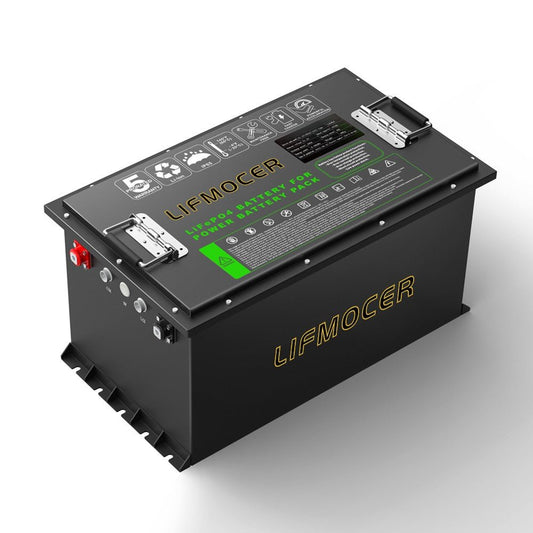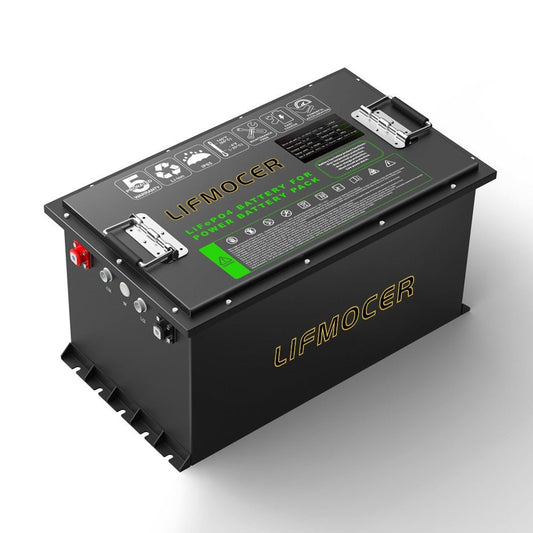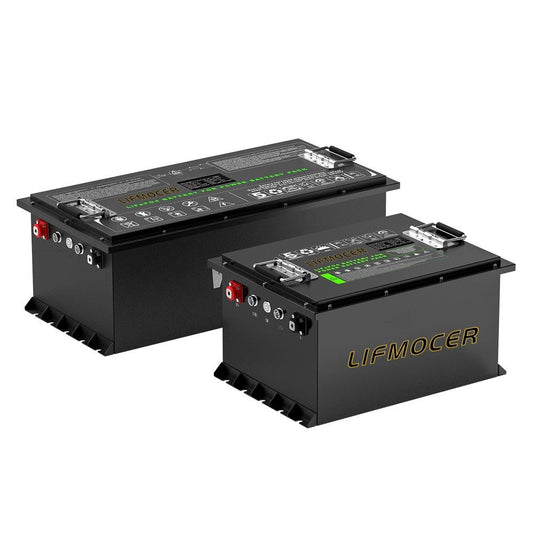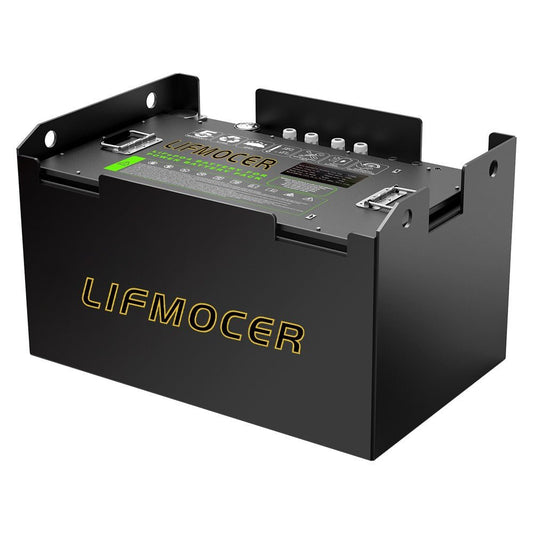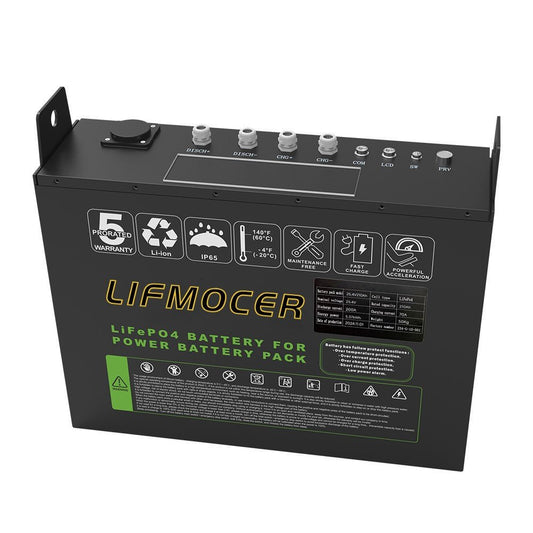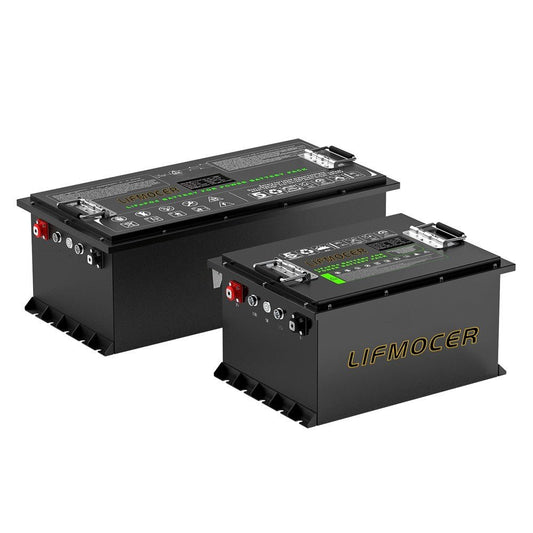The Essential Guide to Lithium Battery Disposal
Background of Lithium Battery Disposal
The Current Situation and Scale of the Widespread Application of Lithium Batteries
Driven by the demand for clean energy and portable devices, lithium batteries are widely applied. In the field of consumer electronics, smartphones and other devices are powered by them. In 2024, more than 1.5 billion smartphones globally were equipped with lithium battery. New energy vehicles are driven by batteries. In 2024, the sales volume of new energy vehicles exceeded 100 million units, and the market penetration rate has been climbing. Moreover, the application scale of lithium batteries in fields such as energy storage, power tools, aerospace, etc. is constantly expanding.
Reasons for the Generation of Lithium Battery Disposal Demand
Although lithium batterys has a high energy density and a long lifespan, they are subject to wear and tear. After consumer lithium batteries are charged and discharged 500 to 1000 times, their capacity drops to about 80%, and their performance deteriorates. When the battery capacity of new energy vehicles decays to 70% to 80%, it needs to be replaced. In addition, due to the rapid technological updates, for example, with the development of solid-state battery technology, old batteries are likely to be discarded due to technological backwardness, resulting in a large number of discarded lithium batteries, making the disposal demand urgent.
The Important Significance of Lithium Ion Battery Disposal for Resource Recycling and Environmental Protection
Li ion battery contains rare metals such as lithium and cobalt. Disposing of discarded batteries can recycle these rare metals. For instance, cobalt resources are unevenly distributed and have limited reserves. Recycling can reduce the dependence on primary mines and the acquisition cost. In terms of environmental protection, if discarded lithium batteries are not properly disposed of, heavy metals and electrolytes will pollute the soil and water bodies, and the volatilization of organic solvents in the electrolytes will affect air quality. Proper disposal can avoid these hazards and achieve resource recycling and ecological protection.

Challenges and Problems in Lithium Ion Batteries Disposal
Complex Composition Leading to High Disposal Difficulty: Lithium batteries contain various metals such as lithium, cobalt, and nickel, as well as various organic compounds and electrolytes, resulting in a complex composition. The material ratios and structures of different batteries also vary. The separation and recycling processes require a high degree of precision, which increases the difficulty of disposal.
High Safety Risks during the Disposal Process: Lithium ion batteries contain a large amount of internal energy. Improper handling can easily lead to short circuits, which may further cause fires and even explosions. During the disassembly process, the volatilization of the electrolyte will release toxic gases, posing a threat to the health of personnel and environmental safety.
High Recycling Costs and Insignificant Benefits: Recycling requires professional equipment, technology, and a large amount of labor, involving significant upfront investment. Under the current recycling technology, the market prices of recycled materials fluctuate greatly, and the revenue obtained from recycling often fails to cover the costs, resulting in poor economic benefits.
Difficulty in Supervision Due to Incomplete Policies and Regulations: Currently, the policies and regulations related to the disposal of lithium batteries are still incomplete. There are gaps or ambiguities in aspects such as the definition of battery recycling responsibilities, disposal standards, and supervision processes. This makes it difficult for regulatory authorities to implement supervision, and the market order is relatively chaotic.
The Hazards of Improper Disposal of Lithium ion Batteries
The Risk of Environmental Pollution
Improper disposal of li ion battery is extremely harmful. They contain heavy metals such as lithium, cobalt, and nickel. If discarded casually, these heavy metals will seep into the soil and groundwater with rainwater, causing pollution, destroying soil fertility and the aquatic ecosystem, and affecting vegetation and aquatic organisms. The contaminated water will endanger human health through the food chain. According to relevant research, the harmful substances contained in a small lithium battery are sufficient to pollute hundreds of thousands of liters of water. In addition, the natural decomposition of lithium iron phosphate batteries will also release harmful gases, polluting the air and exacerbating the greenhouse effect.

The Threat of Safety Hazards
There is also a risk of fire and explosion during the improper disposal of lifepo4 batteries, which seriously threatens personal safety. Lithium batteries store a large amount of electrical energy inside. When the lifepo4 battery is subjected to abnormal situations such as extrusion, high temperature, and short circuits, it may trigger a thermal runaway reaction. Once this reaction occurs, the battery will rapidly release a large amount of heat and gas, leading to a fire or even an explosion. In some waste disposal sites, large-scale fires have occurred due to the mixing of lifepo4 batteries, resulting in huge property losses and casualties.
The Health Hazards
Improper disposal of lithium batteries can bring significant health hazards.Lithium ion batteries are rich in heavy metals such as lithium, cobalt, and nickel, as well as various chemical substances. After improper disassembly or disposal, these harmful substances will spread through media such as air, water, and soil. Once people inhale dust containing heavy metals or come into contact with contaminated water sources or soil, the heavy metals will gradually accumulate in the body, damaging the nervous system, affecting the normal function of the brain, and causing problems such as memory loss and cognitive impairment. It will also interfere with the human endocrine system, disrupt the hormonal balance, and have an adverse impact on the body's growth and development and metabolism. Long-term exposure may even increase the risk of cancer.
Methods of Safe Disposal of Lithium Batteries
Recycling Routes for Small Lithium Batteries
For small lithium ion batteries, such as those in electronic devices, they can be recycled through dedicated battery recycling points. Many communities and electronics retailers have set up such recycling points. These recycling points are usually equipped with specialized storage devices that can safely collect and store used batteries. Residents only need to bring the used batteries to the recycling point to complete the initial recycling step. After that, the recycling points will regularly transport the collected batteries to professional processing plants for further treatment.
Professional Treatment of Large Lithium Batteries
For large lithium batteries such as those used in golf carts and forklifts, it is necessary to contact professional battery recycling companies. These companies are equipped with professional equipment and technologies, which can safely disassemble the batteries and recycle valuable metals in them, such as lithium and cobalt, to achieve the recycling of resources. Professional recycling companies will first test the batteries to assess their remaining power and degree of damage. For batteries with a relatively high power level, a discharging process will be carried out to ensure the safety of subsequent operations. Then, through special disassembly equipment, the battery casings are opened to separate the internal electrodes, electrolytes and other components. Finally, using chemical and physical methods, rare metals such as lithium and cobalt are extracted from these components. These metals can be reused in the production of lithium batteries, greatly reducing production costs and resource consumption.

Recycling Process of Lithium-ion Batteries
- Collection and Classification: Sort the batteries according to their types.
- Crushing and Separation: Use specialized equipment to extract metals such as lithium, nickel, and cobalt.
- Purification and Recycling: After refining the recycled materials, they are used in new batteries or electronic products.
- Throwing Batteries into the Trash Can: Never mix lithium batteries with ordinary garbage.
- Ignoring Damage: Batteries that are leaking or swollen require immediate professional handling.
- Overlooking Retail Programs: Many stores accept used batteries for recycling.
The LIFMOCER Lithium Battery Brand and Its Disposal
As a well-known lithium battery brand, LIFMOCER takes into account the later disposal issues during the product design process. The lithium batteries it produces adopt a structure design that is easy to disassemble, which facilitates the processing by recycling companies. For example, the casing of lithium batteries adopts a special buckle design instead of the traditional welding method, enabling recycling companies to quickly and without damage open the battery casing. Moreover, LIFMOCER actively cooperates with recycling enterprises to promote the development of the lithium battery recycling industry. Through close cooperation with recycling enterprises, LIFMOCER can better understand the market demand and the development trend of technology, so as to continuously optimize the product design. At the same time, LIFMOCER also provides users with a more complete battery life cycle solution, offering professional guidance and services to users throughout the whole process from the sale and use of the battery to its final recycling and disposal.
Conclusion
Properly handling lithium batteries can protect the environment, save resources and prevent hazards. Whether you are managing daily batteries or special batteries, recycling should be given priority and local guidelines should be followed. Through our joint efforts, we can change the current situation of battery waste with every responsible choice we make.
You May Need
LIFMOCER 48V 315Ah LiFePO4 Forklift Lithium Battery
- $2,599.99 USD
$3,099.99 USD- $2,599.99 USD
- Unit price
- / per
LIFMOCER Electric Forklift Lithium Battery 24V 280AH
- $1,499.99 USD
$2,299.99 USD- $1,499.99 USD
- Unit price
- / per
LIFMOCER 96V 210Ah LiFePO4 Golf Cart Rechargeable Batteries
- $2,699.99 USD
$3,599.99 USD- $2,699.99 USD
- Unit price
- / per
LIFMOCER 96V 315Ah Lithium Golf Cart Battery Deep Cycle
- $2,899.99 USD
$4,099.99 USD- $2,899.99 USD
- Unit price
- / per
LIFMOCER 72V 210Ah Golf Cart Lithium Batteries
- $2,499.99 USD
$3,199.99 USD- $2,499.99 USD
- Unit price
- / per


